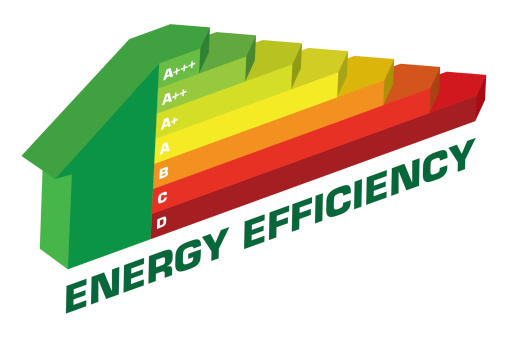Most homeowners find that implementing more efficient HVAC equipment into their home is a great idea. After all, saving money on energy and fuel costs is something every homeowner strives towards. However, there are often problems when trying to improve on HVAC Efficiency, especially for the northern states.
One problem occurs when switching out a combustion furnace for the more fuel efficient condensing furnace. Rated by the U.S. Department of Energy, or the DOE, with an AFUE rating of 90, a condensing furnace has the potential to help homeowners save money on their annual heating costs. The problem lies in the fact that to add this furnace into a home, costly modifications must be made. Modifications such as installing a new venting system can be quite a financial burden in addition to purchasing a new furnace.
Many homeowners also run into problems with homes that have limited exterior walls to work with. The fact that a condensing furnace has an AFUE rating of 90 means that it generally only wastes around 10 percent of the fuels used to operate it makes these furnaces a wise choice. An AFUE rating is the annual fuel utilization efficiency rating given by the DOE to determine the overall efficiency of furnaces.
The DOE has set out to enforce raised HVAC Efficiency Standards in order to protect our natural resources, and save homeowners money. At this time the enforced minimum AFUE rating for northern states is set at 78. This standard AFUE rating was set to be increased to 90 in 2013 by the courts. However, due to experts in the HVAC industry realizing the financial burden that would be placed upon homeowners for initial costs, this efficiency standard is currently placed on hold.
At this time the courts are determining how to enforce this raised efficiency standard without over burdening homeowners. After seeing the benefits of a furnace with an AFUE rating of 90, many homeowners have already installed new venting and furnaces. This will ultimately save them money in the long run. To learn more about installing a more fuel efficient heating system and to stay up to date on DOE efficiency standards, contact a local HVAC company.

